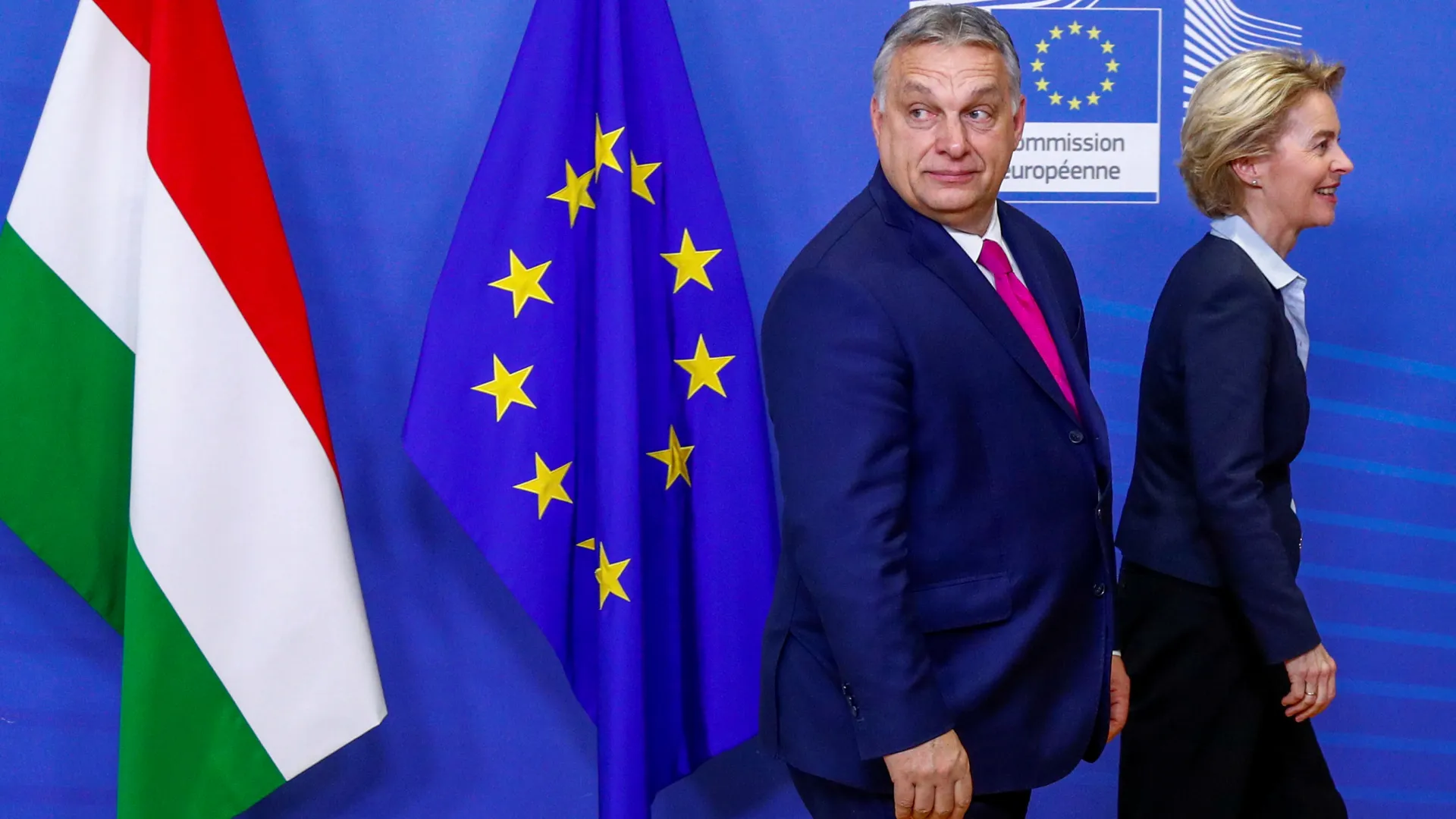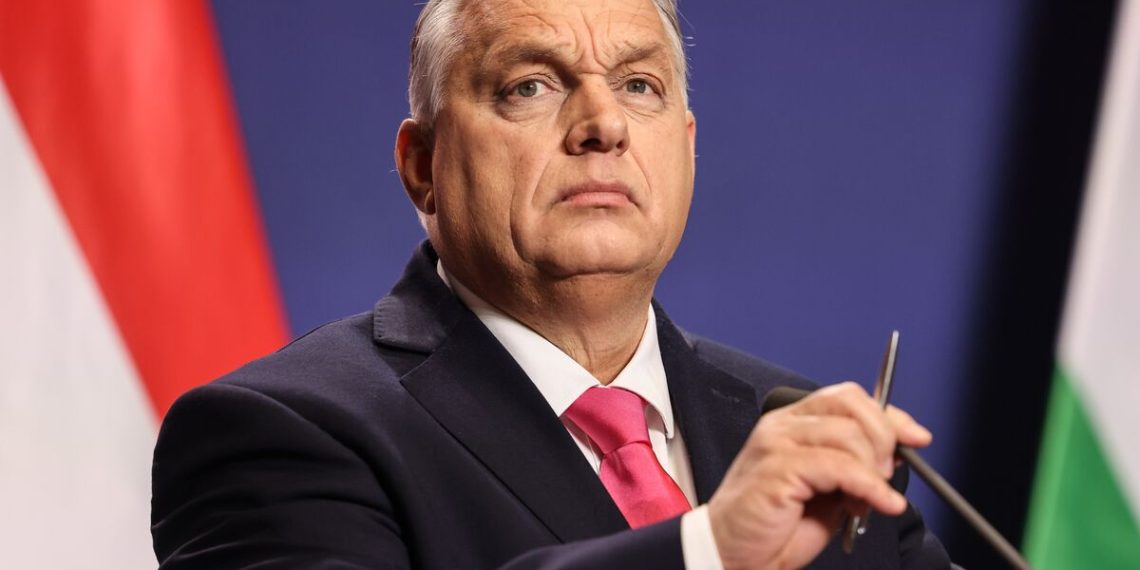Hungarian Foreign Minister Peter Szijjarto’s visit to Ukraine signaled a diplomatic push to resolve the deadlock over a €50 billion ($54 billion) European Union aid package. The talks, held in Uzhhorod, were a pivotal effort to overcome Hungary’s opposition, which had delayed the approval of the much-needed financial assistance.
The central issue revolved around Hungary’s previous resistance to the aid package, creating a stumbling block in EU deliberations. A notable shift in Hungary’s position was observed during the talks, with indications that Budapest was now open to utilizing the EU budget for the proposed financial assistance. This change marked a strategic departure from Hungary’s earlier stance.
The discussions held significance ahead of the upcoming European Union summit in Brussels scheduled for Thursday. The objective was to pave the way for an agreement on the four-year aid package critical for Ukraine, especially as it confronted a budget deficit amid ongoing tensions with Russian forces.
Beyond the aid package, the talks aimed to foster a constructive dialogue and improve broader relations between Hungary and Ukraine. Historical and geopolitical complexities had strained ties between the two nations, and the diplomatic efforts sought to address these challenges.

The talks were seen as an opportunity for Hungary to reconsider its position on the aid package and potentially lay the groundwork for a meeting between Ukrainian President Volodymyr Zelenskiy and Hungarian Prime Minister Viktor Orban. This diplomatic engagement was expected to encompass various aspects of bilateral cooperation, including economic collaboration, logistics, infrastructure, and the energy sector.





